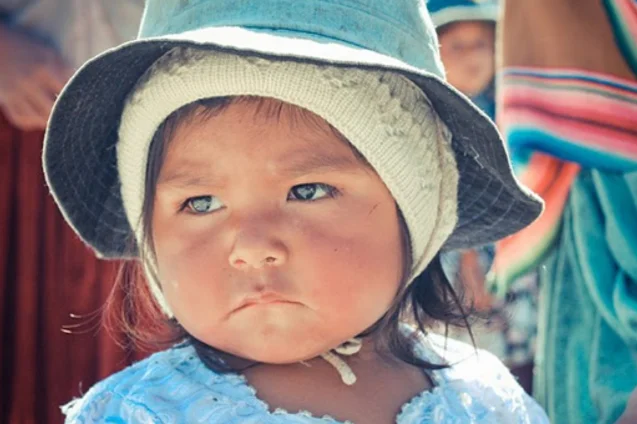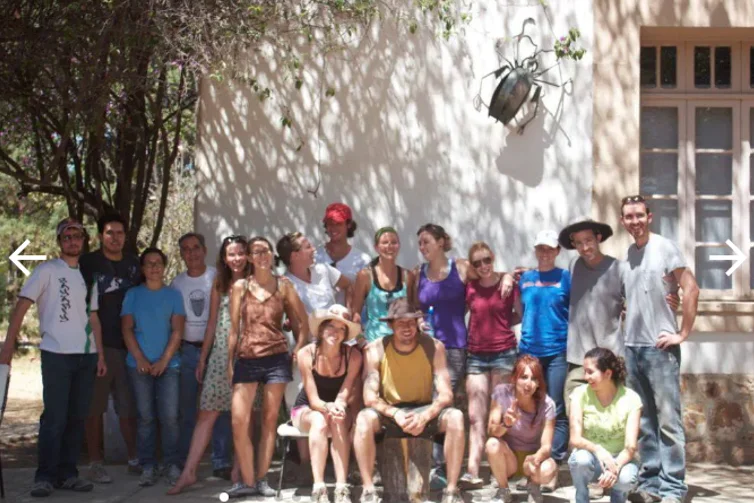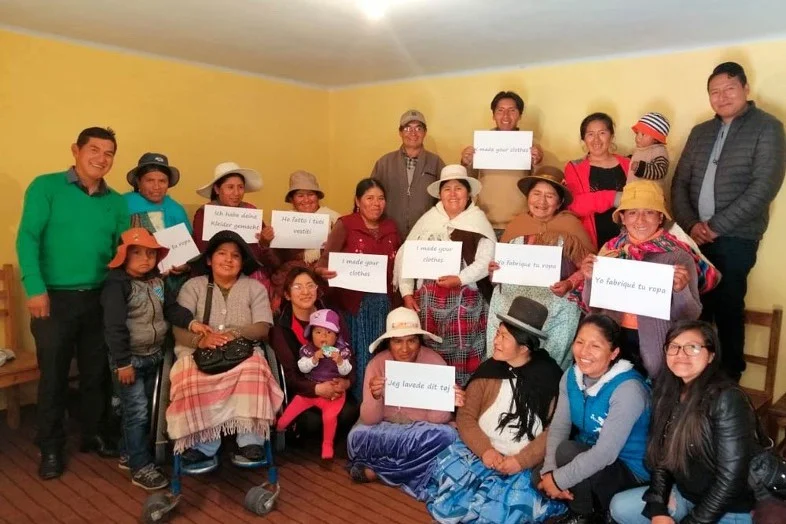SUSTAINABLE BOLIVIA LENDS A HELPFUL HAND

There’s an estimated 10,500,000 people living in Bolivia. Fifty-three percent of them live in poverty. Bolivia has a lower gross national than its other South American counterparts due to issues with sustainability. Located in Cochabamba, Bolivia, Sustainable Bolivia works with 36 local organizations to improve environmental and economic sustainability.
Its primary goal is to secure human and financial capital for organizations in Bolivia to thrive and give back to the surrounding community.
Sustainable Bolivia also allows students and professionals to volunteer, intern and learn Spanish or Quechua, a commonly spoken indigenous language in the Americas. All proceeds earned from Sustainable Bolivia’s language schools go toward projects benefiting the community.
Sustainable Bolivia’s extensive volunteer and internship program allows people from around the world to travel to Bolivia and participate in community enhancement projects. Its mini-grant program provides funding to volunteers and interns — usually an average of $75 per month — to fund projects or purchase necessities for their chosen organizations.
Another major program started by Sustainable Bolivia is its scholarship program. Qualified Bolivians, who would otherwise not be able to earn an education, may receive the necessary funds to attend university based on financial need and academic achievements.
Some of the local organizations Sustainable Bolivia works with comprise of Alerta Verde, which works to increase environmental conservation, Bolivia Digna, an education-based organization using education to help children and youths in underserved communities and Mano a Mano, which builds schools and health clinics in marginalized communities.
In addition to these projects and partnerships, Sustainable Bolivia also features multiple residency programs, a film project and an organic garden. The aims of the residency programs are to improve the local art scene by celebrating culture in Bolivia and to provide dedicated artists with a studio to work in.
The film project documents the efforts created by Sustainable Bolivia and its partner organizations to promote fundraising and raise awareness for pressing issues in Cochabamba. Lastly, the organic garden serves the purpose of promoting environmental sustainability and cultivating and consuming food in a healthier way.
Sustainable Bolivia has improved the lives of many since its inception. In testimonials from Sustainable Bolivia volunteers and interns and Bolivians directly impacted by the project, Sustainable Bolivia has been described as a “wonderful volunteer community” and a “great resource” for the local Bolivian community of Cochabamba.
 Albania
Albania Algeria
Algeria Andorra
Andorra Argentina
Argentina Armenia
Armenia Australia
Australia Austria
Austria Azerbaijan
Azerbaijan Bahrain
Bahrain Belgium
Belgium Bolivia
Bolivia Brazil
Brazil Bulgaria
Bulgaria Cambodia
Cambodia Cameroon
Cameroon Canada
Canada Chad
Chad Chile
Chile China
China Colombia
Colombia Costa Rica
Costa Rica Croatia
Croatia Cyprus
Cyprus Czechia
Czechia Denmark
Denmark Ecuador
Ecuador Egypt
Egypt Finland
Finland France
France Georgia
Georgia Germany
Germany Ghana
Ghana Greece
Greece Hungary
Hungary Iceland
Iceland India
India Indonesia
Indonesia Ireland
Ireland Italy
Italy Jamaica
Jamaica Japan
Japan Jordan
Jordan Kazakhstan
Kazakhstan Kenya
Kenya Kuwait
Kuwait Latvia
Latvia Lebanon
Lebanon Libya
Libya Lithuania
Lithuania Luxembourg
Luxembourg Malaysia
Malaysia Maldives
Maldives Mali
Mali Malta
Malta Mexico
Mexico Moldova
Moldova Monaco
Monaco Morocco
Morocco Netherlands
Netherlands New Zealand
New Zealand Nigeria
Nigeria North Macedonia
North Macedonia Norway
Norway Oman
Oman


